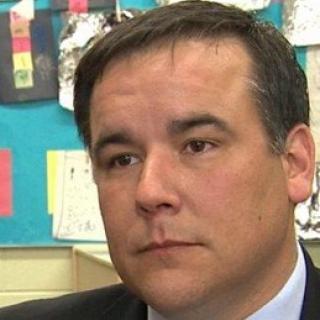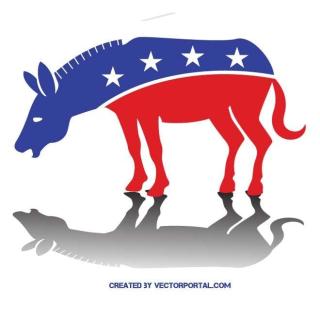Advertisement
As Americans start to celebrate, commiserate and commemorate the 50th anniversary of 1968 -- arguably one of the most tumultuous years in U.S. history, both politically and socially -- others are asking if the millennial generation will be able to pick up where the activists of 1968 left off. After all, America remains a nation divided between old and new ideas, cultures, policies with serious social and economic impacts and our military is again marred down in foreign conflicts that seem to have no end in sight.
The protests that changed the cultural and social landscape of our country in the 1960s derived from a myriad of issues that had finally come to their tipping points. Segregation in the U.S. was finally being systematically challenged and changed, the war in Vietnam had been drawn out to the point that the amount of American deaths were forcing the public to question our country’s involvement, and a new culture of free love, drug use and music was being embraced by a generation of young people tired of the status quo. Their angst eventually bubbled over into the streets, onto the airwaves and to an extent, into public policies as well.
The young people of today seem to be living in similar circumstances – since the Occupy movement sprouted up in 2011, the issue of wealth inequality in our country has been front and center and highlighted by presidential candidates like Bernie Sanders, who garnered YUGE crowds of young supporters and fans. Our conflicts in Afghanistan, Iraq, Syria and essentially anywhere else in the Middle East where our drones and troops see fit to pop up has caused trillions of dollars to be spent, millions of refugees to be displaced and likely hundreds of thousands of people killed. Domestically, Americans seem to be at each other’s throats with violence, whether it be by cops against citizens or citizens against other citizens. Indeed, 50 years later, we’ve reached yet another tipping point in America, and like 1968, some serious changes seem inevitable.
Politically, there are many of the same alarm bells that were ringing in 1968 as well. The Democratic Party is divided between establishment candidates and anti-war progressives looking to bring about social changes. Due to these divisions, the Republican party has propped up a candidate who espouses messages of “law and order” and “the silent majority.” Of course, to Richard Nixon’s defense, at least he had actual political experience before he became president compared to the novice political fever dreams of Donald Trump. The fascinating aspect of 2018 is that 1968’s blatant racist candidate, former Alabama governor George Wallace, whose supporters were eventually absorbed by Nixon’s “Southern strategy” in 1972, has been kind of merged, making Trump both Nixon and Wallace combined into one politician.
Of course, there were plenty of other figures who were removed from being a threat to the establishment in 1968 as well. Martin Luther King, Jr. and Bobby Kennedy were both big political and cultural forces who were assassinated within months of each other, leaving their supporters politically homeless and hopeless while rioting in the streets.
Hopefully millennials won’t have to deal with any actual assassinations in our lifetimes, but the rigging of the Democratic primary against Bernie Sanders and the character assassinations against him were brutal in their own ways, and any young people who wanted to vote outside of the two-party system for Gary Johnson or Jill Stein were demonized for not supporting Hillary Clinton and accused of giving the election to Trump. Now, as did young people in 1968, the millennial generation is taking to the streets, taking over party positions of power and getting involved with the issues they care about, from criminal justice reform to wealth inequality to gun control and more.
This certainly offers some semblance of hope. After all, as tragic and chaotic as 1968 seems in hindsight, the political and cultural impacts from that year did lead to some positive changes that even a scumbag like Nixon was forced to sign into law. The voting age was lowered to 18 years old in 1971, the military draft was ended by 1973 and several other laws protecting women and minorities were enacted. Some important environmental and education reforms were passed and eventually the war in Vietnam was brought to an end.
Was there much more to do as the new crop of corporate-controlled war hawks plotted their return to power in the 1980s and beyond? Yes, and it’s arguable that many of those same battles are being fought today. But if serious changes can get started again in 2018, in 2068 a new generation will look back to see what the young people did to create a better the world 50 years before – and we can’t let them down.



